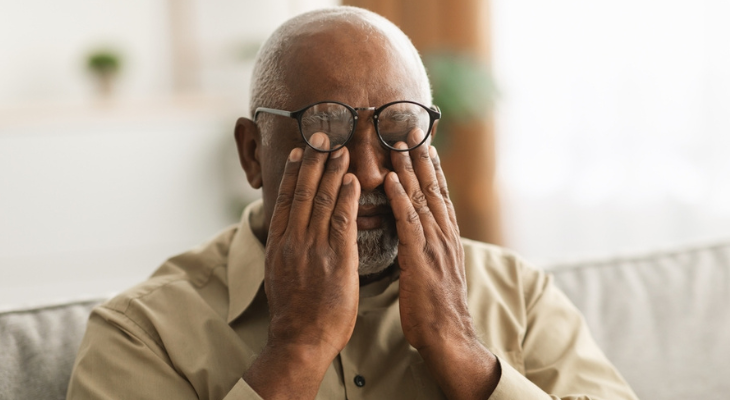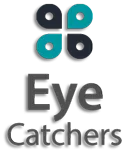
Glaucoma and You: The Importance of Eye Exams
Has it been a while since you've seen the optometrist? You may be putting your vision at risk if you haven't been scheduling regular eye exams. In addition to updating your contact lens or eyeglass prescription during your visit, your eye doctor also performs a glaucoma test. This simple test detects increased pressure in your eyes that could damage your vision.
What Is Glaucoma?
Pressure inside your eye helps your eyeball keep its round shape. If the pressure becomes too high, you may develop a condition called glaucoma. Primary open-angle glaucoma, the most common type of glaucoma, doesn't usually cause any symptoms at first. Unfortunately, the high pressure may soon begin to damage your optic nerve, even if you don't notice any changes in your vision.
The optic nerve sends electrical impulses from the retina at the back of your eye to your brain. Once the impulses reach the brain, they're turned into recognizable images. Damage to the optic nerve interrupts this flow of impulses to the brain. If this happens, you may experience permanent vision loss, which could be partial or full. Vision loss caused by glaucoma often affects your peripheral (side) vision first.
This type of glaucoma can happen to anyone, although it's more likely to occur as you get older. African American and Hispanic people have an increased risk of primary open-angle glaucoma, according to Bright Focus Foundation. Other risk factors include
- A Family History of Glaucoma
- A Cornea That's Thinner Than Normal
- Myopia (Nearsightedness)
- Diabetes
- High Blood Pressure
- An Eye Injury
- Corticosteroid Use
Unlike primary open-angle glaucoma, acute angle-closure glaucoma causes immediate, noticeable symptoms, including severe pain, nausea, vomiting, blurry vision, redness in the eyes and halos around lights. If you have these symptoms, go to the emergency room immediately. If you don't seek treatment right away, you could lose your vision.
Acute angle-closure glaucoma happens when a drainage channel in your eye becomes blocked. The channels allow aqueous humor, the fluid inside your eye, to drain. Normally, as the fluid drains, it's replaced by new fluid. When the drainage channel is blocked, pressure inside your eye becomes dangerously high in a short amount of time.
You may be more likely to develop this form of glaucoma if the bottom of your iris is narrower than usual, your iris covers the drainage channel, or the clear lens inside your eye is located farther forward than normal
A Visit to the Eye Doctor Can Help You Protect Your Vision
During your appointment with your optometrist, you'll receive a glaucoma test. The test is usually performed by directing a puff of air at your eye to determine if the pressure inside your eye is higher than normal.
Your eye doctor will also dilate your pupils. Enlarging your pupils with special eye drops makes it easier to see the retina at the back of the eye and the optic nerve. Changes in the optic nerve, such as cupping at the head of the nerve, could mean that your eye pressure is too high. Your eye doctor may also perform a visual fields test to determine if you've lost any side vision.
Prompt Treatment of Glaucoma Is Essential
If you are diagnosed with glaucoma, your optometrist will recommend treatment to lower your pressure. The sooner you begin treatment, the less likely you'll suffer vision loss. Treatments for primary open-angle glaucoma include:
- Prescription Eye Drops That Lower Pressure Inside Your Eye
- Laser Procedures That Improve Drainage or Reduce the Amount of Fluid Produced
- Filtration Surgery to Create a New Drainage Channel
If you have acute angle-closure glaucoma, drops will be used to try to decrease the pressure. You may also need laser or traditional surgery to make a small drainage opening in your iris or reposition your iris to allow better drainage.
Sources:
Bright Focus Foundation: Risk Factors of Primary Open-Angle Glaucoma, 08/20/2021
American Optometric Association: Glaucoma
